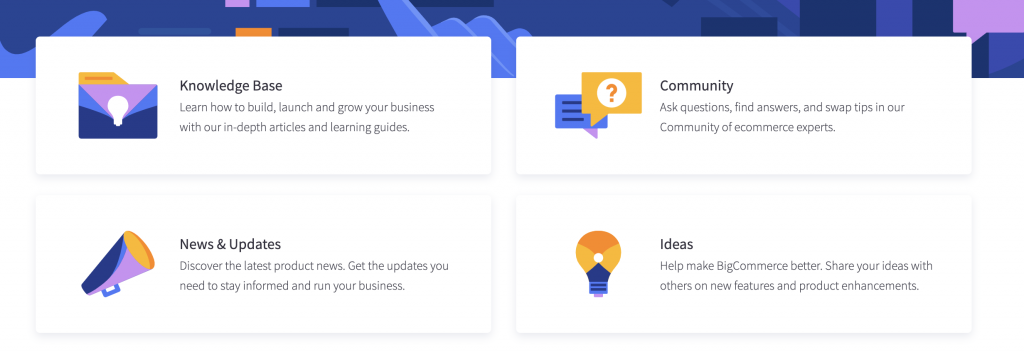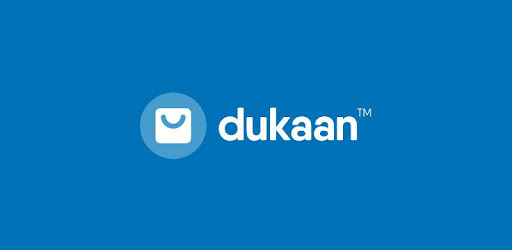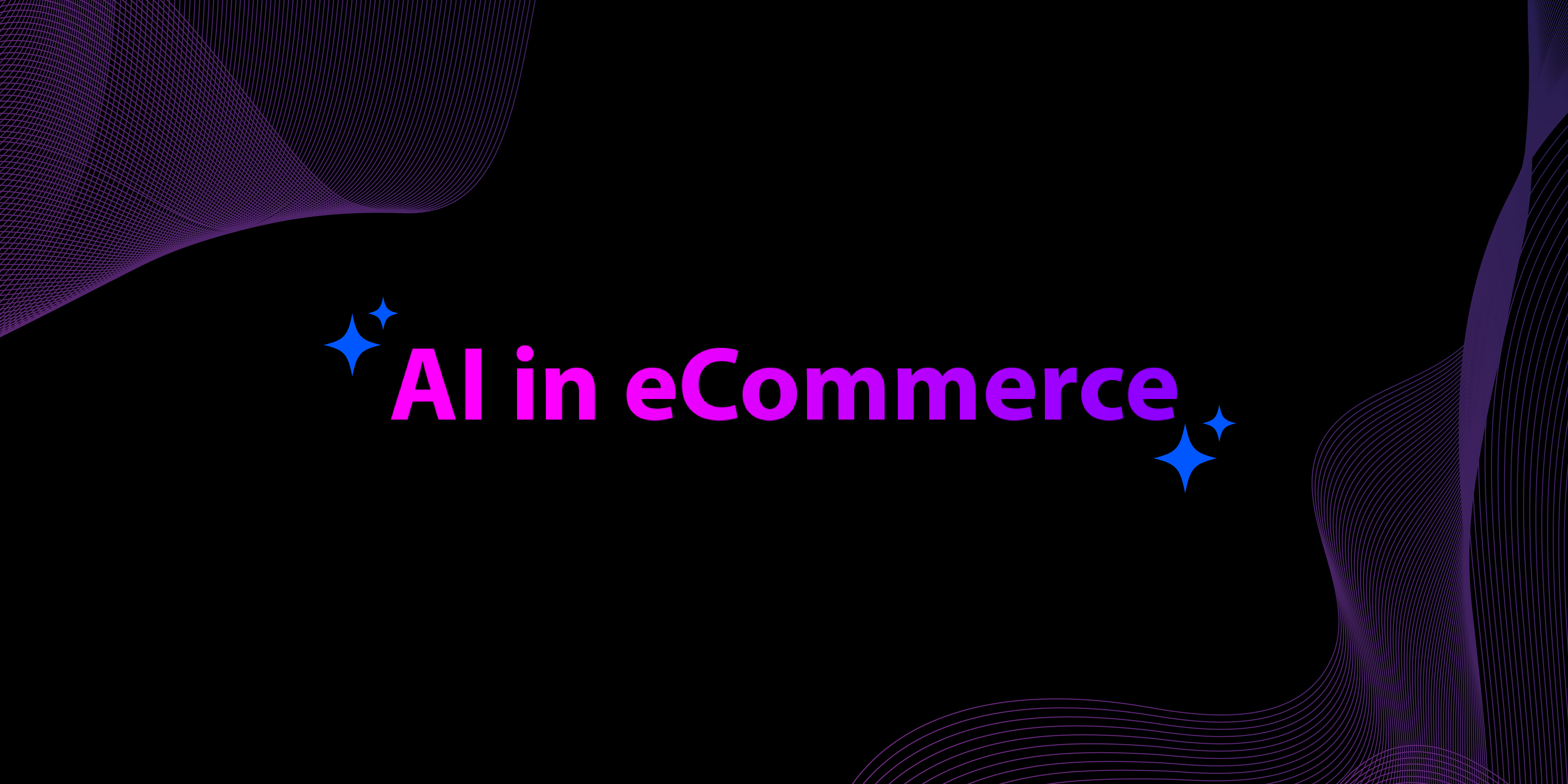
Shopify is a popular eCommerce platform with more than 1,000,000 active users. But just because it’s the most popular option doesn’t mean it’s the right one for you.
When selecting an eCommerce platform, you have to consider many factors, including:
We've compiled a list of some of the best Shopify alternatives available, for you to make an informed decision before you launch your own store, or are considering switching platforms.
But first, let’s look at Shopify’s own pros and cons.

Ease of use
Shopify operates on a subscription-based model. This means that all you need to do is sign up with Shopify, and their step-by-step wizard will help you set up a store in no time. You can also buy an existing store from the Shopify Exchange Marketplace.
Once set up, the interface is pretty easy to use, and little coding is required to make changes.
You also have access to thousands of Shopify apps to add whatever functionality you wish, to your store.
Features
Shopify is loaded with features that are built to help you succeed with your business. The amount of features available to any user increases if they decide to upgrade their plan.
Customer service
Shopify offers 24/7 support, and its representatives are available over the phone from many countries. You can also find an extensive knowledge base to seek answers to your questions.
Templates
This is one area where Shopify excels. Their theme assortment is packed with professional looking themes for all sorts of business types. You can easily find a store theme to suit your business.
Transaction fees
With Shopify Payments, you get charged 2.9%+30c on each transaction (rate goes down with upgraded plans). If you use third-party gateways, there’s a flat 2% charge on the basic package, 1% and 0.5% on Shopify and Advanced Shopify plans, respectively.
Shopify Payments is not available for all countries, so if you go with a third party payment setup, you have to incur additional charges.
SEO
SEO with Shopify can be tricky because it offers a rigid URL structure. You cannot edit tag pages, and there are limitations on meta descriptions and titles, among some difficulties. You can find more information here.
Blogging
Shopify has a store-first approach so it’s not the best for blogging, and this can prove to be frustrating for webmasters and stores that depend heavily on content marketing.
Now that you have a clear overview of the benefits and downsides of using Shopify. Let’s look at some of the best Shopify alternatives available on the web.

A popular Shopify alternative: more than 100,000 stores are powered by BigCommerce, and these stores have generated a cumulative revenue of $17 billion. BigCommerce is renowned for accommodating customers as their stores grow.
For your storefront, BigCommerce offers:
Another strong point is the unlimited product loading and customization options BigCommerce offers. With Shopify, you can only add a limited amount of products according to your plan.
BigCommerce also allows you to sell digital goods, set up a dropshipping operation, and automate tax and shipping settings to a certain extent.
You can easily import and export CSV data, and BigCommerce also comes with a wide range of analytical tools. Still, it is advisable also to have Google Analytics or a similar tool setup on your website.
BigCommerce offers 24/7 live chat and phone support. You can contact their reps at any time of the day to get your problems taken care of. When you sign up for a trial, you also get an option for a free 10-minute call with one of their reps to help you get set-up.
If you choose the enterprise plan with BigCommerce, you get a dedicated account manager along with priority support for you via phone calls and emails.

BigCommerce also has a dedicated BigCommerce Help Centre where you get access to their knowledge base, community, updates, and a chance to offer your own ideas on how to improve BigCommerce.
You can get a 30 day free trial with BigCommerce. If you decide to buy, BigCommerce comes with four pricing plans.

Standard plan at $29.95/month
This plan is most suitable for small stores that have basic needs. Even with the basic plan, there are no transaction fees, you can add unlimited products to your store (but you automatically get upgraded if your sales exceed a certain amount), and you can add unlimited staff accounts.
Plus plan at $79.95/month
This is their most popular plan, and it comes with a bunch of options to help you grow and manage your store.
Besides the standard plan’s perks, you get abandoned cart recovery tools and customized segmentation and grouping options for customers. You can also save credit card information so that your customers don’t have to fill in the information again next time.
Pro plan at $299.95/month
Besides the Plus plan’s advantages, with Pro, you get advanced product filtering capabilities to make navigation easier for your customers. You can also add custom SSL certificates, and enjoy access to advanced marketing tools.
Enterprise Plan
For larger operations, customers can directly contact the BigCommerce team to get a customized solution for their eCommerce. needs The price is variable and depends on your unique needs.
The enterprise plan offers priority support and custom API integration options.
Shopify vsBigcommerce can be tricky but you can say:
Shopify is a better option when:
BigCommerce is a better alternative when:

WooCommerce might be the second most popular eCommerce solution with a 30% share of all online stores.
Unlike other eCommerce platforms, WooCommerce is different in that it is a plugin for WordPress, albeit a very powerful one. So WooCommerce is oriented towards websites built on WordPress.
While just having a WordPress website gives you a lot of options to customize and add features through plugins, there are some essential features WooCommerce comes loaded with.
WooCommerce offers:
Integrate WooCommerce POS to manage transactions, inventory, and customer interactions effortlessly for retail businesses.
You can also compare Shopify and WooCommerce features in detail in this graph courtesy of eCommerce platforms:

WooCommerce doesn’t have a direct customer support channel as it is a free plugin. However, WooCommerce has a large dedicated community of users who share their experiences regularly, and you can find an answer to almost any problem you encounter in your experience.
A quick google search will lead you to many blogs and forums with guides on how to use WooCommerce.
WooCommerce is a free-to-download plugin. But you can still expect to incur costs like:
WooCommerce doesn’t take any percentage from your earnings; you’d only have to pay transaction fees to the third-party payment gateway you decide to go with. You can expect the transaction fees to be less than 2% with most providers.
Shopify is a good option for you if:
WooCommerce is a better alternative when:
Here is a visual comparison of WooCommerce vs. Shopify:

If you are looking to migrate from Shopify to WooCommerce, you can consult the hyperlinked in-depth guide.

Squarespace is renowned for its easy to build, cool, and beautiful looking websites. Although it’s not specific to eCommerce only, you can still create a solid store through Squarespace. Squarespace caters explicitly to smaller businesses
Squarespace comes with a lot of preloaded features and integrations. You can easily integrate your store website with Facebook, Instagram, Twitter, and other popular social media websites to link your social accounts.
The platform supports unlimited transactions and products. It provides essential features like coupons, email marketing software integrations, and customizable emails among some options.
According to the plan you choose, you also get features like free custom domain, mobile optimization, SSL security, eCommerce metrics, label printing, inventory, orders, taxes, customer accounts, and discounts.
Squarespace’s most prominent feature is its pristine collection of templates that make your store look professional without having to do any heavy lifting. They also offer good blogging options.

Squarespace has an extensive knowledge base that documents many aspects of setting up your store and running it smoothly. They also offer a brilliant webinar series to ensure you have everything from store design to shipping covered.
They’ve also created a community through their forums with customers can interact with each other to share their experiences, problems, and hacks.
They also have 24/7 live chat and phone support available, although it can take a little time to get their personnel on the phone. This could be because their support team is based in-house, unlike many other competitors.

The personal plan doesn’t offer much in the way of eCommerce so we’ll look at the other three options.
Business: $26/month
With the business plan, you get promotional pop-ups, Google email accounts, and Google AdWords credits. You still have to pay 3% on each transaction.
Vitals such as a free custom domain, an SSL certificate, basic SEO features, and 24/7 support are also covered in this plan.
Basic Commerce: $30/month
With this plan, you get rid of the 3% transaction fee. You also get more powerful analytics, the option to sell directly on Instagram, more merchandising options, and point of sale integration
Advanced Commerce: $46/month
While still cheap compared to many competitors, this plan gives you more control over your store. With all the previous plans’ capabilities, you also get abandoned cart recovery, advanced shipping options, commercial APIs, more complex discounting capability, and coupons.
Go for Shopify if:
Go for Squarespace as a Shopify alternative if:
You can find some more useful information here:
Shopify vs Squarespace: Who is Your Online Store Super Hero?

We’ve all seen the ads. Wix has become a really popular option for small businesses and entrepreneurs to set up their own websites quickly. It’s a very easy to use store builder, and you can start using it straight from your web browser.
Wix has a good stack of SEO features. You can customize page titles, meta-description, and the URLs for both regular and product pages
You can zoom into products displayed on your store, add overviews and detailed descriptions.
Along with support for PayPal and stripe, you can also make payments through their own gateway called Wix Payments. Customers can check out from your website without being directed to an external domain.
Wix also supports POS and the ability to make offline payments (cash, cheque, wire transfer) for online products.
Your website also comes with an SSL certificate; you can create coupons, let US customers see shipping costs in real-time, set individual tax settings for different countries, and sell digital products.
On the backend, you can use the Wix store manager to import CSV data for products.

Wix has an extensive base of articles covering a wide range of topics related to setting up and running a store.
However, they fall short on customer support as they only offer phone and forum support, which are limited to business hours.

Wix has three plans in its Business and eCommerce category.
Business basic at $17/month
With this plan, you get access to a custom domain, 20GB of storage, five video hours, basic Analytics, and a visitor analytics app.
Business Unlimited at $25/month
Business Unlimited plan comes with 35GB storage, ten video hours, an option to create a professional logo, and more advanced eCommerce features.
Business Vip at $35/month
This plan includes all the features mentioned above, plus 50GB of storage and unlimited video hours. You also get access to priority response and VIP support.
You should use Shopify when:
Wix is a good Shopify alternative when:

3dcart is a comprehensive eCommerce solution with features and capabilities very similar to Shopify. It is one of the strongest alternatives to Shopify available. Amazon even announced them as their preferred eCommerce platform for their fulfillment service.
3dcart offers a lot of options for selling, including on mobile, Facebook, Twitter, and Pinterest. You can also connect your store to Amazon, eBay, and Shopzilla. You also have access to things like a blog, newsletters, CRM, and email. For advanced developers, 3dcart also offers a powerful API to integrate a whole range of apps.
Managing your product inventory is also pretty smooth with 3dcart as it offers a lot of filtering and segmentation options.
Their SEO settings are pretty comprehensive, and you get access to changing URLs, Google Analytics, canonical URLs, social links, rich snippets, robots.txt, sitemaps, among other options.
Getting paid is easy as 3dcart supports 160 payment options including cash, cheques, and money orders.
When setting up your store with 3dcart, the setup wizard is comprehensive and takes you smoothly through all the steps needed to get your store up and running.
The customer support team is available 24/7 through phone, email, and live chat. 3dcart has a very supportive customer care team that makes sure to help you resolve your problems.
They also have a knowledge center with support articles, store essentials, marketing tips, growth tips, and a blog for recent news and updates.

The great thing about 3dcart’s pricing is that all their features are included in all their plans, so even if you have a small setup, you can expect the same level of power at your disposal as a bigger store.
They divide their pricing into tiers by the number of accounts you’ll need for your team. The pricing increases as your team increases. Which seems like a fair trade-off. Their lowest plan starts at $19/month, and the pro store plans go up to $229/month.
While both platforms are very similar in their offering, Shopify is your best bet if:
3dcart is good Shopify alternative when:

Dukaan is a quickly rising eCommerce platform that enables sellers to create their own online store in under a minute. The unique selling proposition of Dukaan is that sellers do not need to have the technical expertise or coding skills in order to create their store. The platform provides a range of themes, plugins, tools, etc. all of which are very easy to use and empowers the sellers to run their business more efficiently.
Dukaan has a range of features that are built keeping the smallest business owner in mind. Hence this seller-oriented platform can easily be your one-stop shop when it comes to running a business online. Dukaan’s features allow sellers to run and manage their entire business on a single dashboard including accepting orders, shipping products, tracking orders, providing customer care, handling payments, handling returns, and so much more.
Here is a list of some of Dukaan’s best features:

Dukaan has a very informative Help center that contains a range of information about the platform, plugins, tools, etc. It keeps getting updated on a regular basis. It also has a FAQ section that answers most frequently asked questions in a simple and understandable manner. Apart from these, Dukaan has a dedicated seller support team that is available during working hours. The team is very competent and provides expert support with everything, technical and non-technical.
Dukaan has three value-packed subscription plans for all types of business owners.

Dukaan Entrepreneur - $99.99 per year
This is the basic plan for all small business owners and influencers. Under this plan, you can create and manage one store on the platform.
Dukaan Agency - $499.99 per year
This plan is for agencies, D2C brands, and huge businesses with multiple teams. Under this plan, you can create and manage up to 10 online stores.
Dukaan Enterprise - Custom pricing
For all those who do not fit in either of these 2 plans and want a more customized plan, reach out to Dukaan for your tailor-made Dukaan Enterprise subscription.
You can choose Shopify if:
Dukaan is a better alternative when:
Each Shopify alternative in this list comes with its own strengths and weaknesses in comparison to Shopify. Some will offer better pricing, while others will lead in features. To figure out the best solution for you, take inventory of all your eCommerce needs, and figure out what future needs you might have. After you chose your e-commerce platform, you might want to extend your reach to conversational commerce and have AI capabilities for your store
If you plan on keeping a small shop with basic functionality, Wix, Squarespace, and even Shopify will do the job for you.
If you are a big business or plan to scale, WooCommerce, BigCommerce, and 3dcart are definitely worth looking into.
Rukham is the Content Lead at Mailmunch. He believes trust should be the basis for all marketing communications.
Tags:

Hamna Abid
July 11, 2023

Hamna Abid
June 23, 2023

Ammar Mazhar
May 30, 2023